According to expert Dao Trung Thanh, Resolution 57 helps Vietnam not only catch up, but also take the lead in the field of artificial intelligence in Southeast Asia and even beyond.
The Politburo has issued Resolution 57 on breakthroughs in science, technology, innovation and national digital transformation. The resolution sets the goal that Vietnam must gradually master a number of strategic technologies, prioritizing investment in the development of artificial intelligence (AI). VietNamNet had an interview with Mr. Dao Trung Thanh, a strategic consultant on information technology and AI, about the impacts that Resolution 57 will bring to the development of artificial intelligence in Vietnam in the coming years. According to him, what message does the Politburo's issuance of Resolution 57 convey about Vietnam's development strategy in the current context? Expert Dao Trung Thanh: The Politburo's issuance of Resolution 57 is not only an important political event, but also an affirmation of Vietnam's strategic determination in the digital age. From the perspective of a strategic consultant on information technology and AI, I see Resolution 57 as a "compass" emphasizing the central role of science, technology and innovation in economic growth and enhancing national competitiveness. 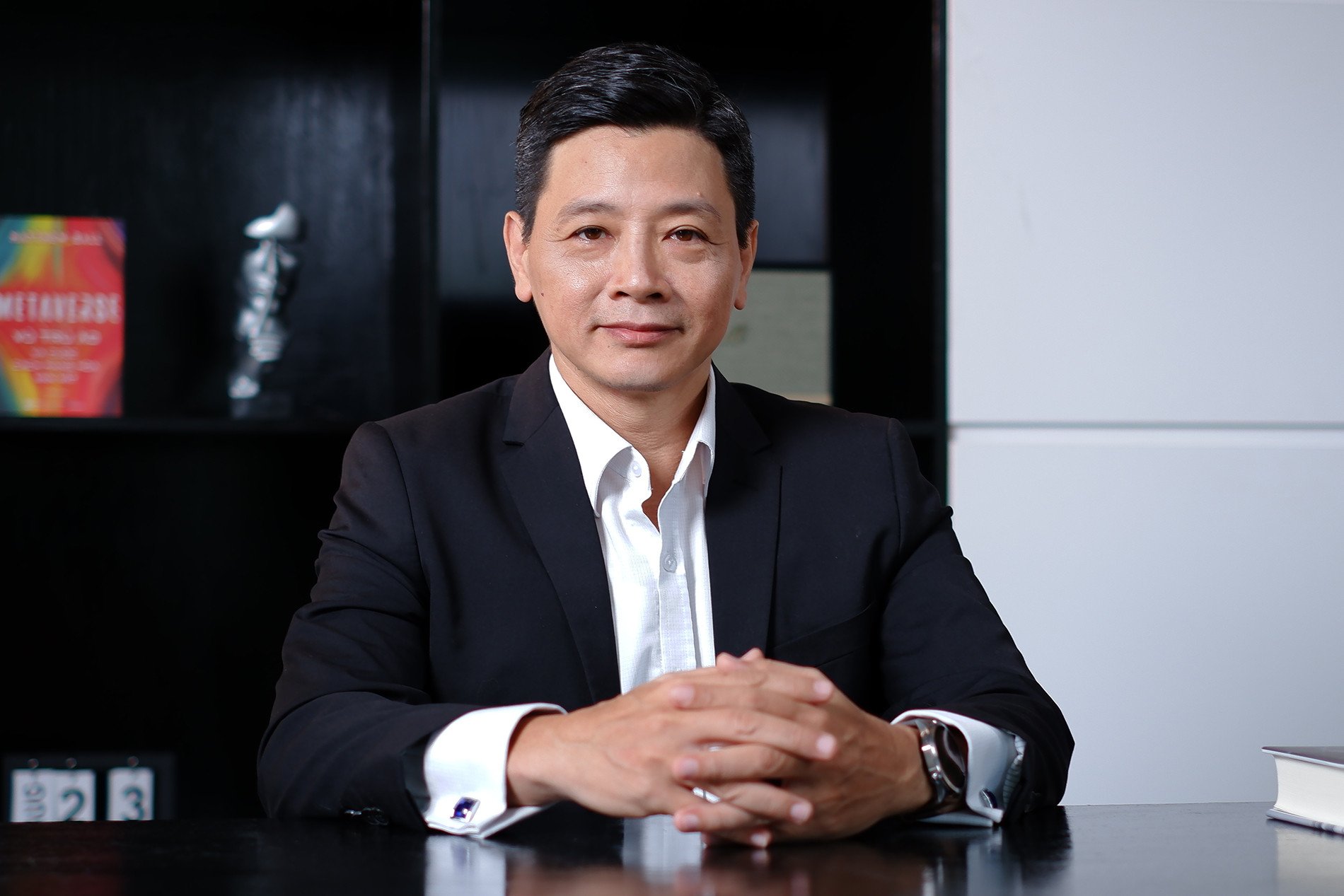
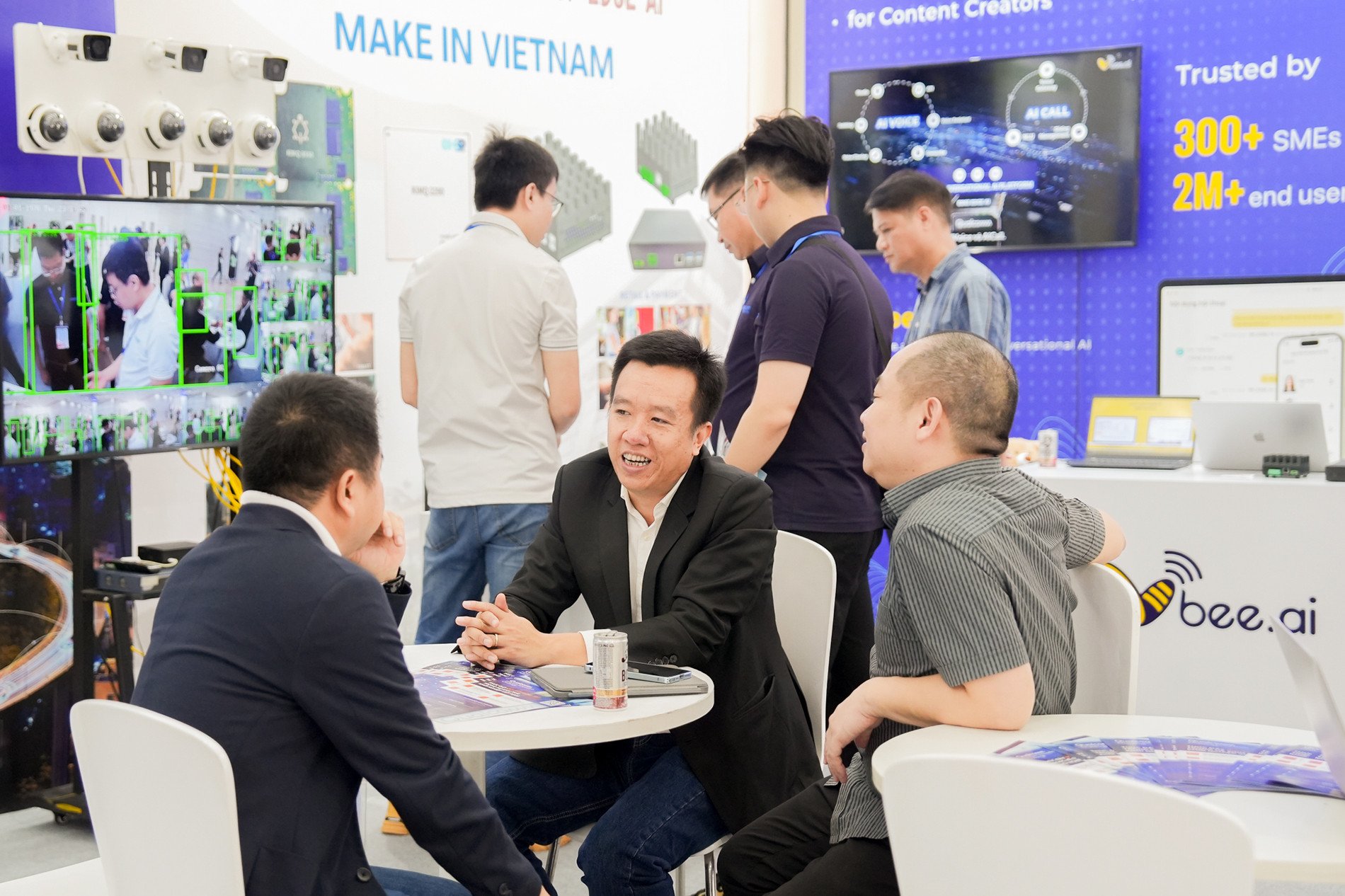


Mr. Dao Trung Thanh, strategic consultant on information technology and AI. Photo: NVCC
Resolution 57 shifts strategic thinking from applying and mastering technology to building breakthrough innovation capacity, especially in AI, Big Data and semiconductor technology. This not only demonstrates a long-term vision but also puts pressure on the entire political system, businesses and society to invest more heavily in digital infrastructure, high-quality human resources and advanced governance models. I believe that Resolution 57 not only helps Vietnam catch up with international technology trends, but also prepares Vietnam to lead the region in digital transformation and digital capacity. How do you assess the significance of the issuance of Resolution 57 at the present time for the country's long-term development? The issuance of Resolution 57 at the present time is of important strategic significance, demonstrating Vietnam's determination to keep up with and take advantage of opportunities from the fourth industrial revolution. This decision was made in the context of increasing international technology competition, especially with strategic technologies such as AI, Big Data and IoT. If Vietnam does not catch up now, it is easy for Vietnam to fall behind in the global value chain. Resolution 57 is also a call to action, emphasizing the construction of a technology platform including digital infrastructure, human resources and digital transformation in many important areas such as education, healthcare, etc. With a vision to 2045, Resolution 57 outlines a clear roadmap for Vietnam to not only catch up with technology trends but also be able to lead in a number of areas. In particular, innovation is the key to achieving sustainable prosperity. In your opinion, can Resolution 57 create a turning point to help Vietnam rise up in the new era? I believe that Resolution 57 can absolutely create a turning point to help Vietnam "rise up" in the digital era, provided that it is implemented synchronously, drastically and creatively. Resolution 57 has laid the foundation for breakthroughs in science, technology and digital transformation. With a focus on AI, Big Data and semiconductor technology, Vietnam not only keeps up with international trends but also aspires to lead. The combination of the three pillars of science and technology, innovation and digital transformation creates a revolution in governance and operation. When successfully implemented, Vietnam will not only keep up but can rise up in the region. Goals such as being in the top 50 globally in digital infrastructure, digital economy and even top 30 in digital economy/GDP ratio by 2030 require the entire political system, businesses and society to coordinate vigorously.
Experts connect and exchange at Vietnam Innovation Day 2024. Photo: TD
The Resolution sets out the goal that Vietnam must gradually master a number of strategic technologies, prioritizing investment in the development of artificial intelligence. How will this impact the development and application of AI in Vietnam? Resolution 57's identification of artificial intelligence as a strategic technology that needs priority investment will have far-reaching impacts on the development and application of AI in Vietnam. This focus will strongly promote AI research and development activities, from core technologies such as machine learning, natural language processing (NLP) to specific solutions in computer vision. AI infrastructure, including data centers, supercomputers and specialized laboratories, will be built and upgraded, creating conditions for domestic technology organizations and enterprises to develop "Make in Vietnam" products. Resolution 57 will help shape a domestic AI ecosystem, where research institutes, universities and technology enterprises work closely to promote innovation. This synchronous development will not only attract domestic and foreign talent but also promote domestic AI startups to develop more strongly, bringing Vietnam further on the global technology map. Resolution 57 also creates conditions for Vietnam to transform its role from user to creator in the field of AI. Mastering core AI technologies will help Vietnam not only meet domestic needs, but also export high-tech solutions, enhancing national competitiveness. AI will become the main driving force for comprehensive digital transformation, from digitizing public services, optimizing state management activities to improving the quality of healthcare, education and transportation services. These AI applications will increase efficiency and effectiveness, while significantly improving the quality of people's lives. Furthermore, mastering AI technology will help Vietnam increase its international competitiveness, especially in high-tech industries, making the country an AI technology hub in Southeast Asia. However, to realize this goal, Vietnam needs to focus on developing high-quality human resources through education programs and international cooperation to attract investment and technology transfer. We also need to improve the legal framework to ensure data security and promote innovation. With these steps, AI will not only be a tool but will become an important factor helping Vietnam rise up in the digital age.
Booth displaying Make in Vietnam products at Vietnam Innovation Day 2024. Photo: TD
According to him, what should Vietnam do to soon master, catch up and progress with the world in artificial intelligence? For Vietnam to soon master, catch up and progress with the world in artificial intelligence, it is necessary to implement a synchronous strategy, focusing on the principles stated in Resolution 57 and focusing on the following contents: First, it is necessary to focus on building a synchronous digital infrastructure, including a new generation telecommunications network, an international standard data center and a unified electronic identification platform. This is the foundation for deploying AI applications on a large scale and ensuring network security as well as national data sovereignty. Second, human resources are a key factor. Vietnam needs to improve the quality of training through cooperation between universities, businesses and research institutes, and promote practical training programs on AI. In addition, it is necessary to have a policy to attract talent from within and outside the country, create an attractive working environment and scientific autonomy to stimulate innovation. Third, it is necessary to prioritize the development of core and cross-disciplinary AI technologies such as natural language processing, machine learning and computer vision. These are areas that have the potential to be widely applied and create breakthroughs in many industries. Fourth, it is necessary to deploy a pilot mechanism (sandbox) to test new ideas and technologies. If effective, it can be expanded. If not, it must be adjusted promptly to avoid wasting resources. Fifth, Vietnam needs to mobilize the strength of the private sector. Technology enterprises need to be facilitated to participate deeply in key areas such as healthcare, education and defense, thereby promoting innovation and turning AI ideas into specific products and services to serve society. With a clear strategy, and consensus from the Government, businesses and society, I believe that Vietnam will not only catch up, but also rise to the top in the field of artificial intelligence in Southeast Asia and beyond. Thank you!Vietnamnet.vn
Source: https://vietnamnet.vn/nghi-quyet-57-tao-buoc-ngoat-de-viet-nam-vuon-minh-trong-ky-nguyen-so-2361244.html

![[Photo] Close-up of Vietnam's sniffer dog team searching for earthquake victims in Myanmar](https://vstatic.vietnam.vn/vietnam/resource/IMAGE/2025/4/1/d4949a0510ba40af93a15359b5450df2)
![[Photo] President Luong Cuong and King Philippe of Belgium visit Thang Long Imperial Citadel](https://vstatic.vietnam.vn/vietnam/resource/IMAGE/2025/4/1/cb080a6652f84a1291edc3d2ee50f631)
![[Photo] Prime Minister Pham Minh Chinh meets with King Philippe of Belgium](https://vstatic.vietnam.vn/vietnam/resource/IMAGE/2025/4/1/be2f9ad3b17843b9b8f8dee6f2d227e7)

![[Photo] General Secretary To Lam receives King Philippe of Belgium](https://vstatic.vietnam.vn/vietnam/resource/IMAGE/2025/4/1/e5963137a0c9428dabb93bdb34b86d7c)

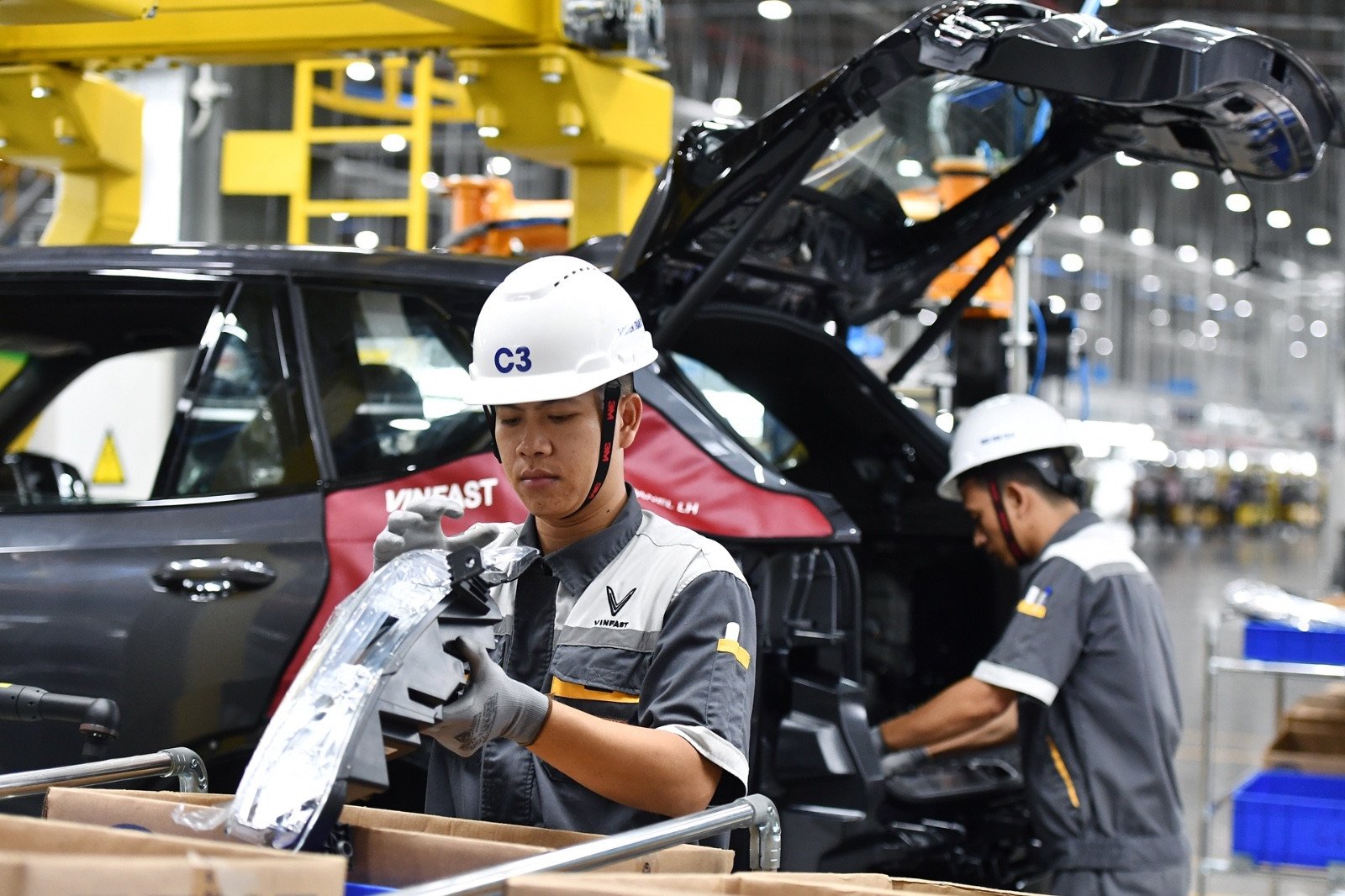
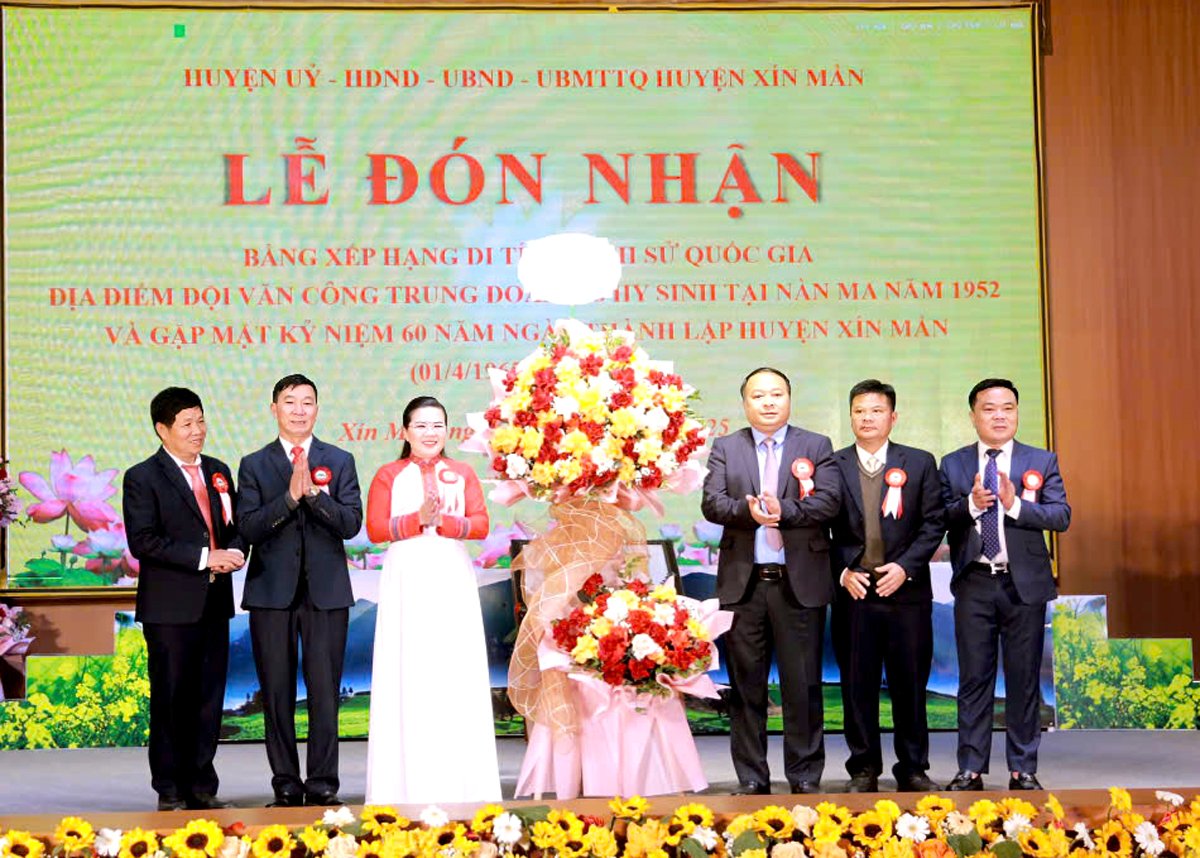

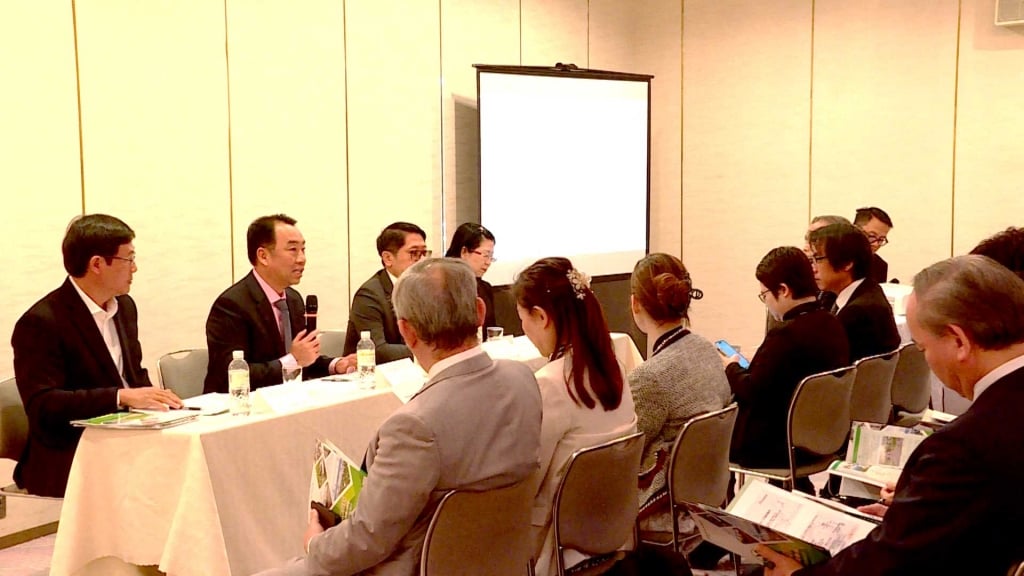
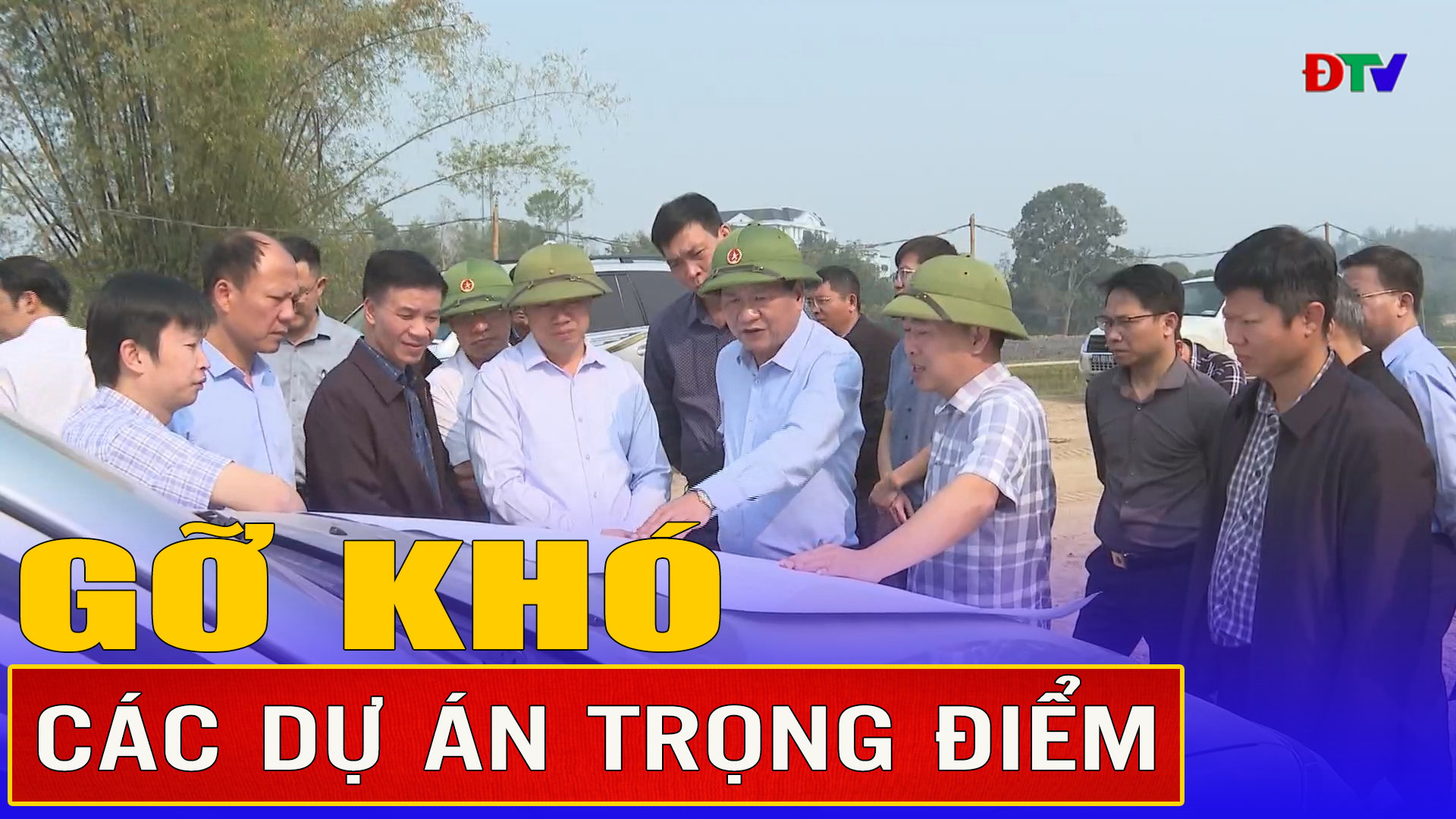
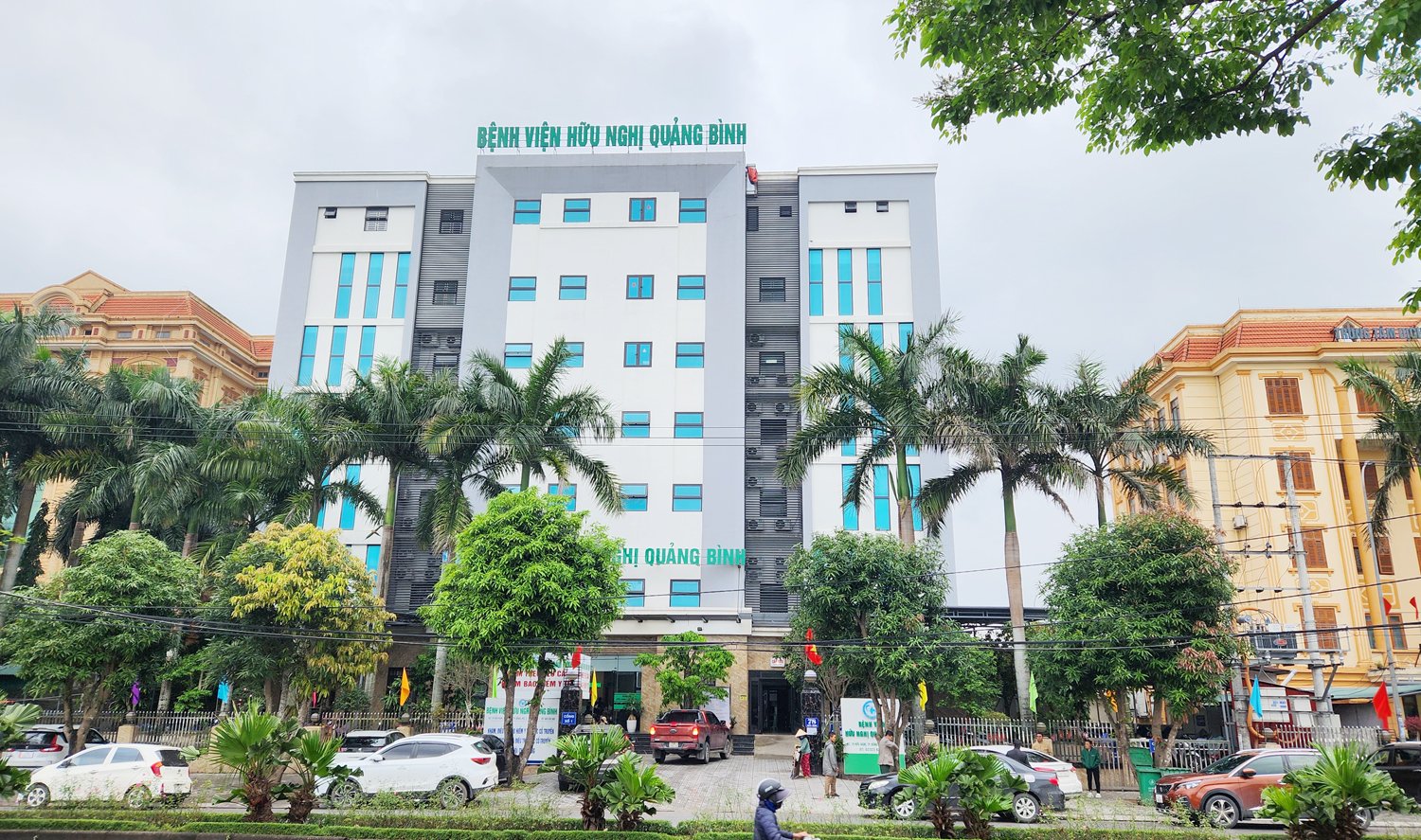

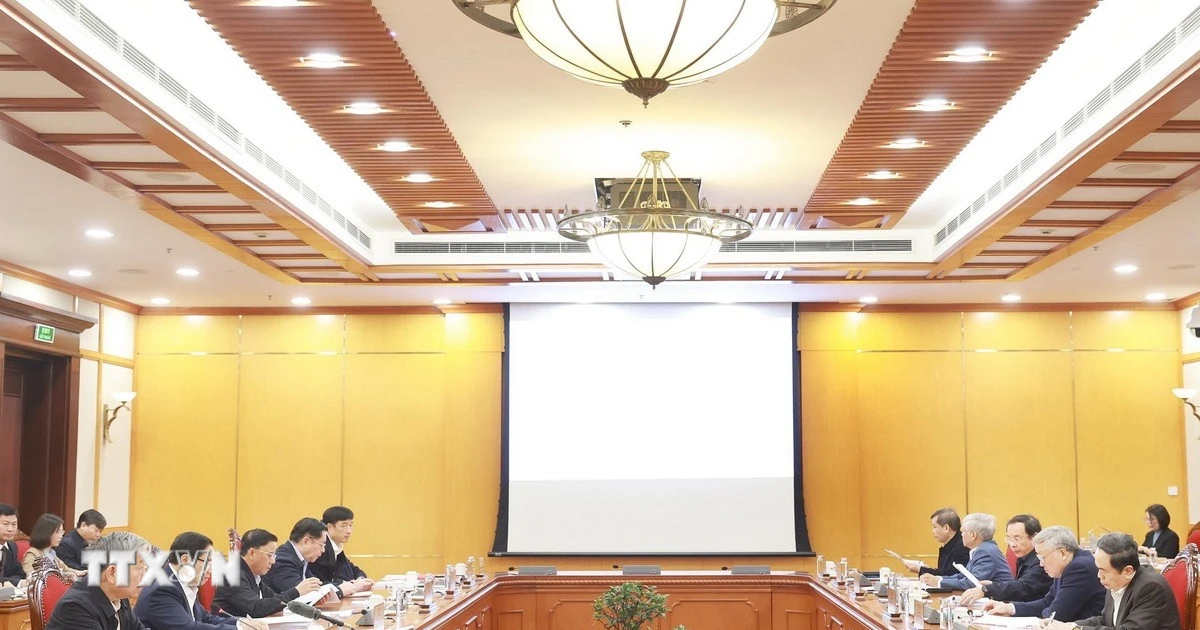












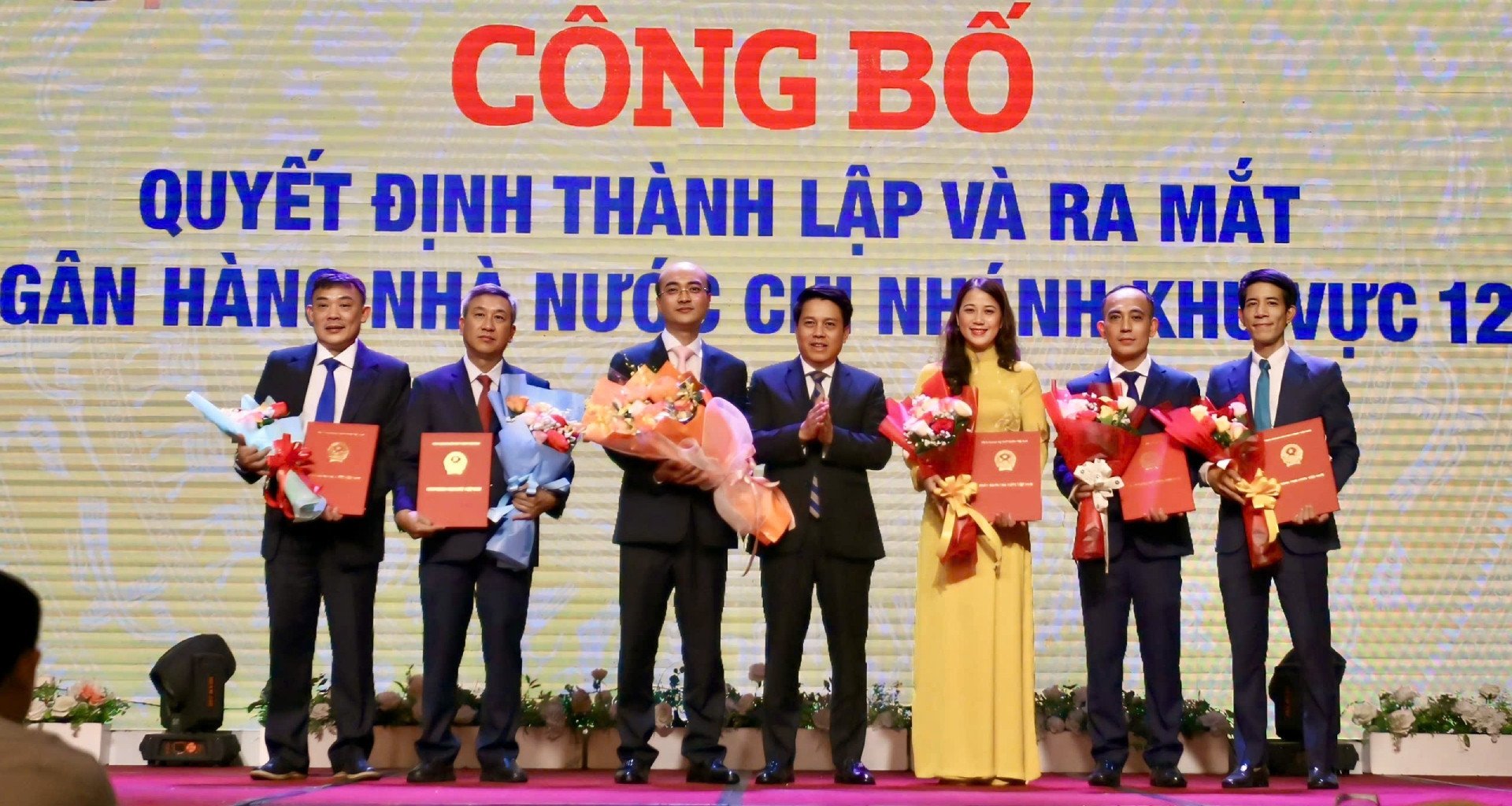
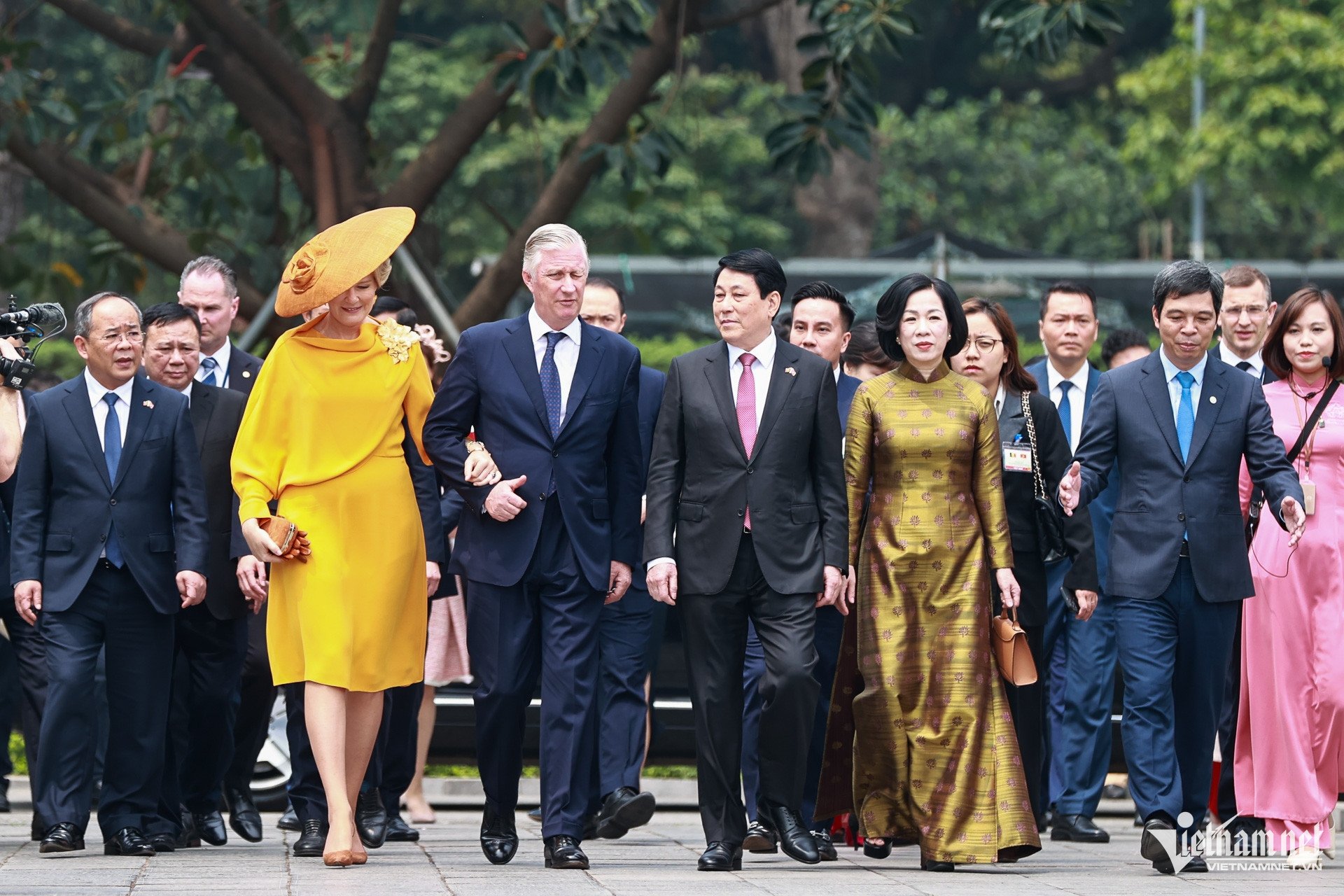
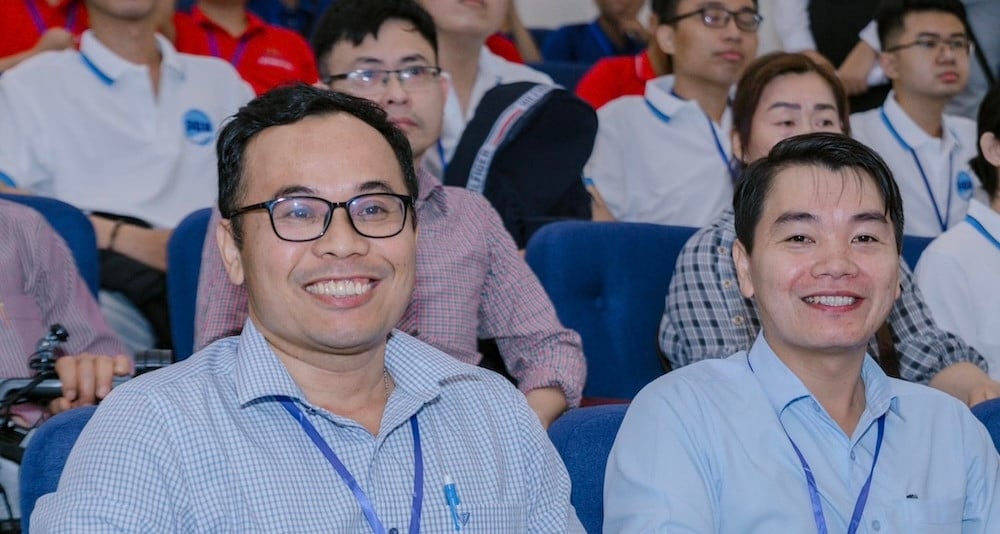



































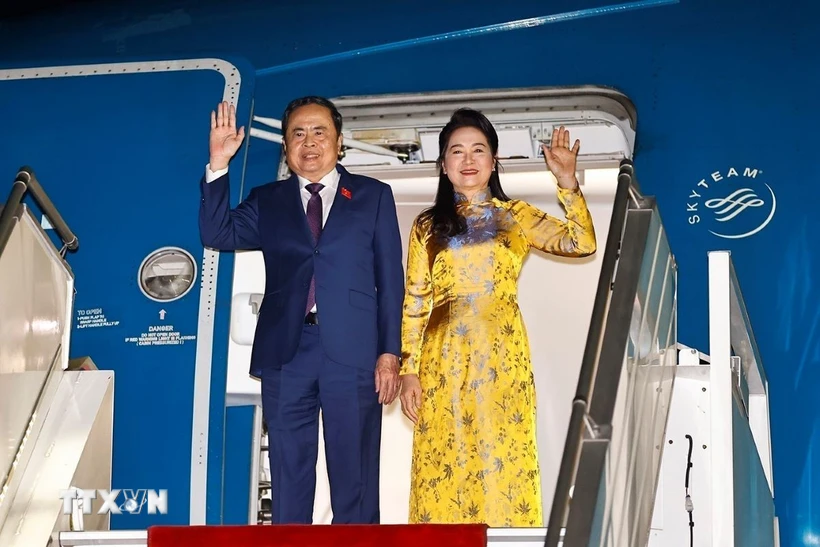











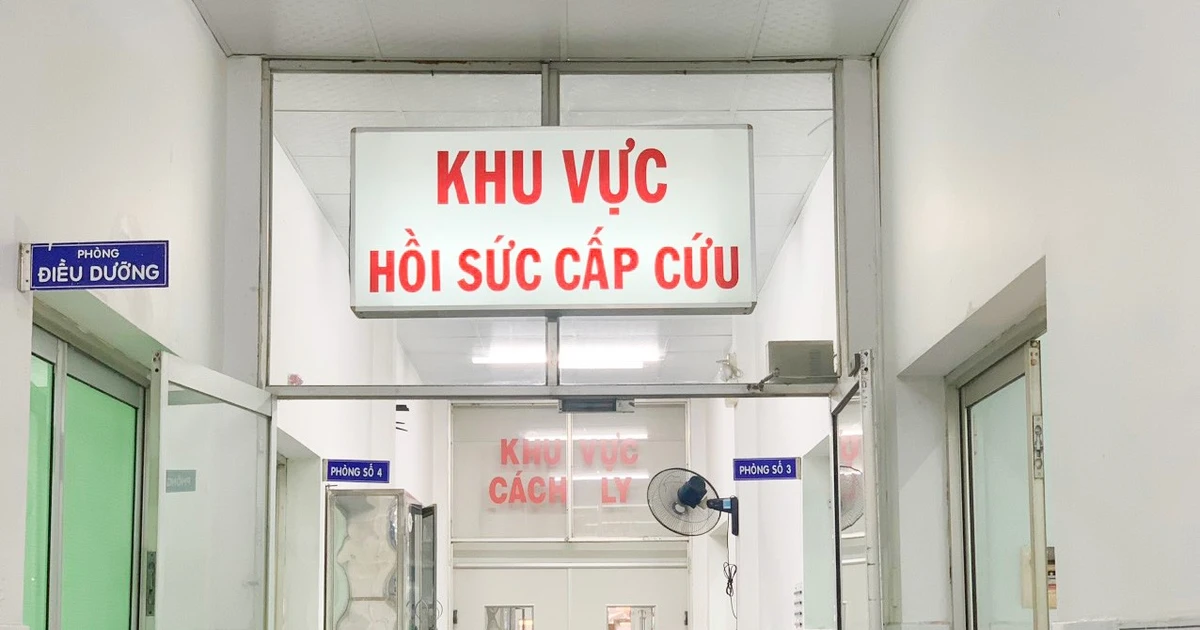




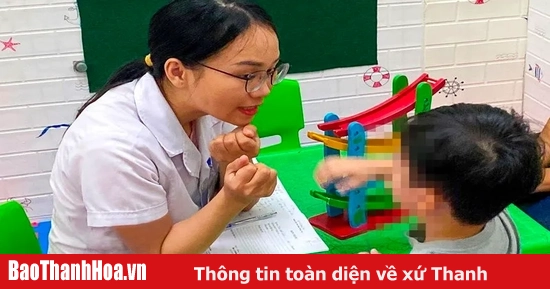












Comment (0)